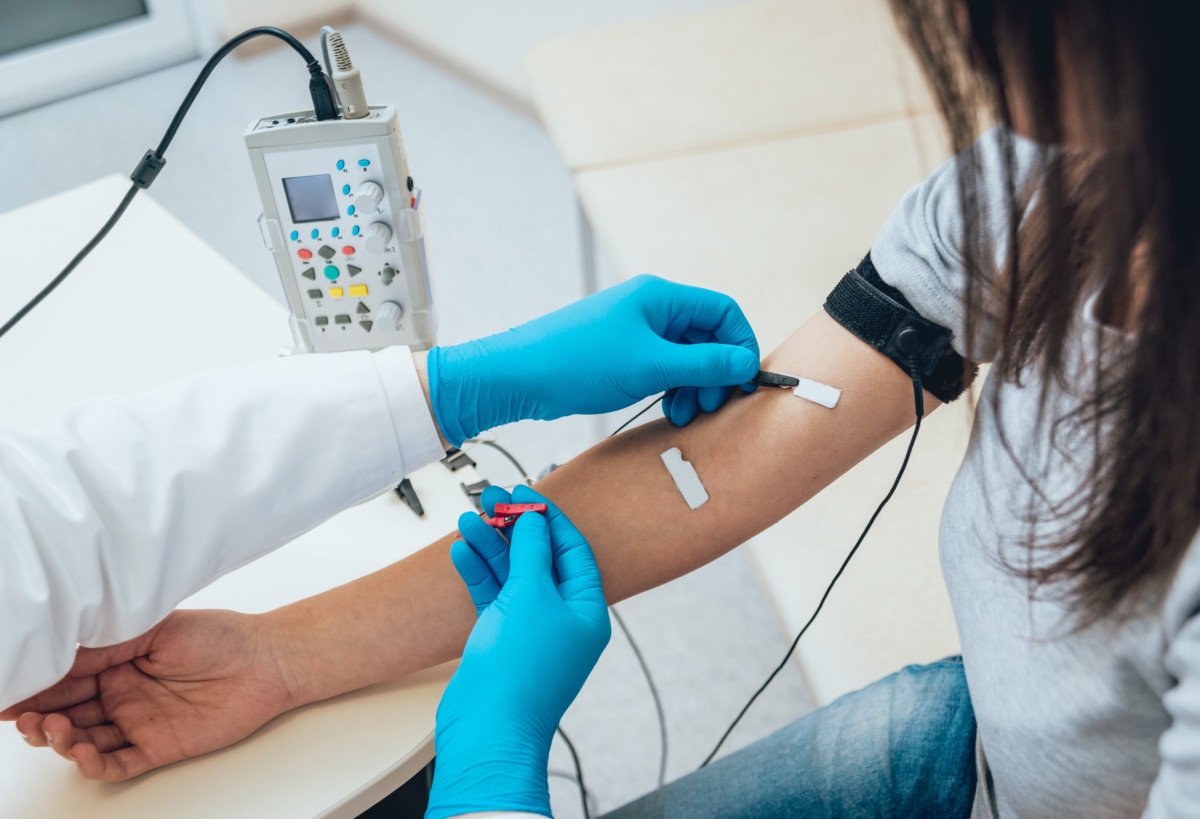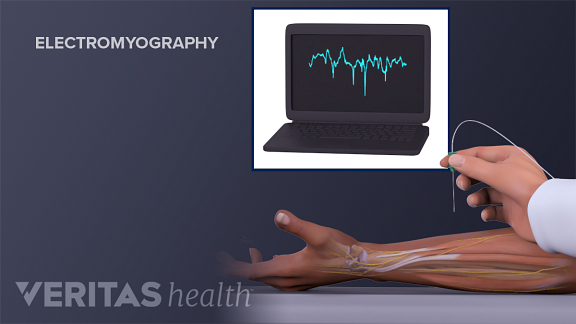
The location of the area being tested will also determine if you are sitting or laying down during the test.Īfter you have been properly prepared and positioned, your doctor will locate the nerve being tested and place two electrodes on your skin. Depending on the location of the area being tested, you may also be asked to change into a medical gown. The day of your appointment, you will be asked to remove any metal objects you may be wearing to prevent interference. In some cases, your neurologist may also ask you to temporarily abstain from caffeine consumption. This is because lotions and oils can interfere with the electrodes ability to stick properly to the skin. The main way to prepare for a nerve conduction study is to temporarily avoid using lotion or oils on your skin in the days leading up to your appointment. When preparing for your nerve conduction study, there is not much you will need to do beforehand. Additionally, your neurologist will ask you if you have a pacemaker since the electrodes used in the study may interfere with your device. For example, excess alcohol consumption, hypothyroidism, diabetes, systemic diseases, or neurologic medications such as muscle relaxants, opioids, or psychotropic medications can all affect the results of a nerve conduction study.

Based on the results, your neurologist can determine if nerve damage has occurred, where it has occurred, and to what extent. A nerve conduction study, also known as nerve conduction velocity (NCV) test measures the speed of electrical impulses as they move through the nerves. Have you been experiencing numbness, tingling, or continuous pain with no known cause? If so, your neurologist may recommend having a nerve conduction study performed.



 0 kommentar(er)
0 kommentar(er)
